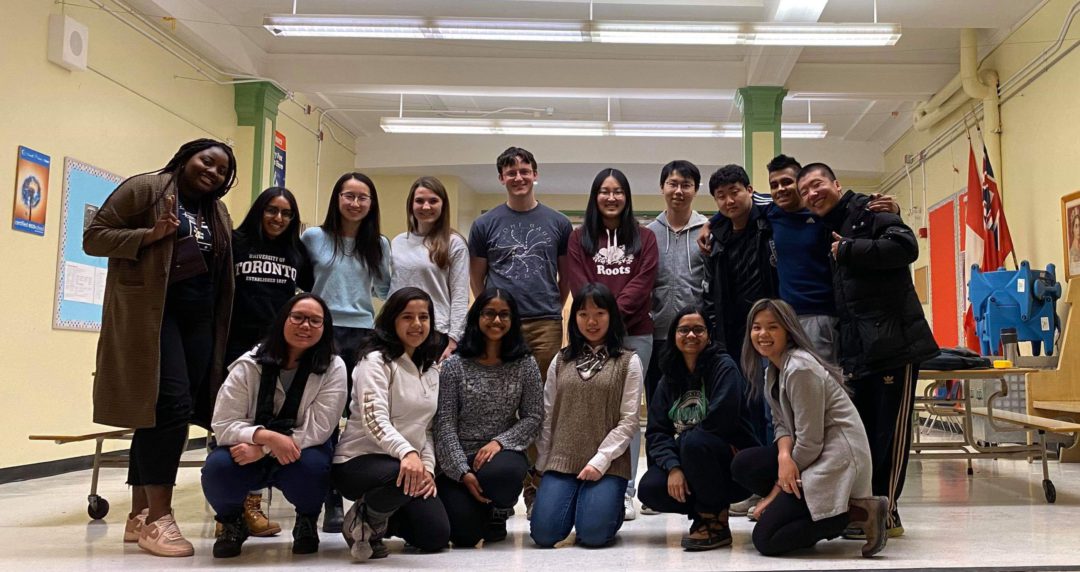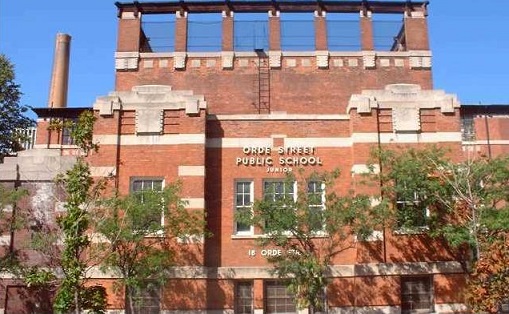Last fall, the CECA U of T executive team wanted to improve our recruiting efforts for the 2020 Green Energy Challenge competition. We wanted to provide new student members with an opportunity to learn about what each subteam has to offer so that they can find where their interests fit into this competition. With that goal in mind, we held a series of interactive workshops for each of the four technical subteams in this competition: building energy performance, solar, project management, and lighting.
Building Energy Performance Workshop
The series started with the building energy performance workshop that introduced basic concepts of building science with a focus on the function of walls. We began by looking at heat, moisture, and air leakage as the main problem areas for a building that can lead to wasted energy, high energy costs, and discomfort for people inside. The students were then challenged to apply this knowledge to improve wall sections or to create their own given indoor and outdoor conditions. For these activities, we used our very own building science trading cards (some of which are shown below) to depict different materials in the walls and even got to borrow some real samples from our building science professors.

Overall, this workshop gave new students a fundamental understanding of building envelopes and got them familiar with strategies used to improve energy usage in a facility. This experience is quite useful now for these students as they work on designing building energy retrofits for the competition.
Solar Workshop

The series continued with the solar workshop, for which we collaborated with the University of Toronto Sustainability Office to organize a tour of the solar panel system at the University’s Exam Centre at 255 McCaul Street.
This solar panel system has been running since late 2016. It produces about 75,000 kWh a year, which is 7.5 times the energy need of a typical home in Toronto! The system is directly helping to offset the electricity needs of the facility everyday, with Toronto Hydro supplementing any extra needs (such as on cloudy days). The panels will continue to function for over 30 years, while the electrical equipment would need to be replaced in about a decade. This project is one of the many happening across the University of Toronto as the campus works hard to achieve its Low-Carbon Action Plan.

It was fascinating to hear about how this system has such lasting benefits on the facility and on the campus as a whole. It also gave our solar team a clear idea of the different components of a real system and the importance of incorporating safety considerations into the system design to facilitate setup and maintenance. We really appreciate the University of Toronto’s Sustainability Office hosting this awesome tour!
Project Management Workshop
Next, we held the project management workshop, in which students were given a theoretical energy retrofits project and challenged to create a Gantt chart project schedule with a financing plan. It gave them hands-on experience with organizing tasks in a way that makes efficient use of available resources and got them more familiar with financing tools for such types of projects. This definitely prepared them to apply basic project management tools for the competition.


Lighting Workshop
The series ended with the lighting workshop, in which students did a short lighting audit in the University’s Goldcorp Mining Innovation Suite. The students collected and illustrated data on the intensity of lighting in this studio space using an app that provides lux readings. They were then introduced to how lighting in such a space would be modelled using Autodesk Revit, providing them with great insight into the overall work of this subteam.


Reflecting on the Workshops
All in all, the executive team was very pleased with this series of workshops. It allowed us to spread awareness of the Green Energy Challenge and of CECA U of T within different engineering disciplines as well as other programs, such as mathematics and architecture. With each interactive workshop, new members got a better idea of how they could contribute to the competition while exploring their passions and developing their skills. This allowed us to recruit a team of enthusiastic and committed new members for this year. We hope to continue building on these successful initiatives to give every new member a meaningful experience within our growing club.













